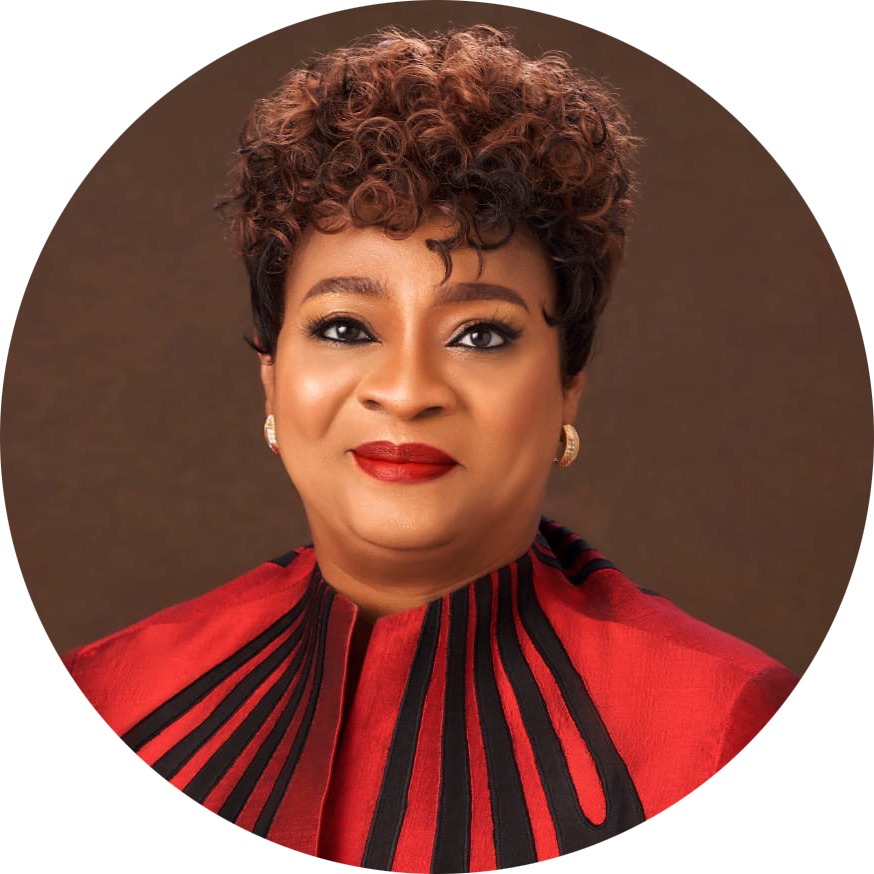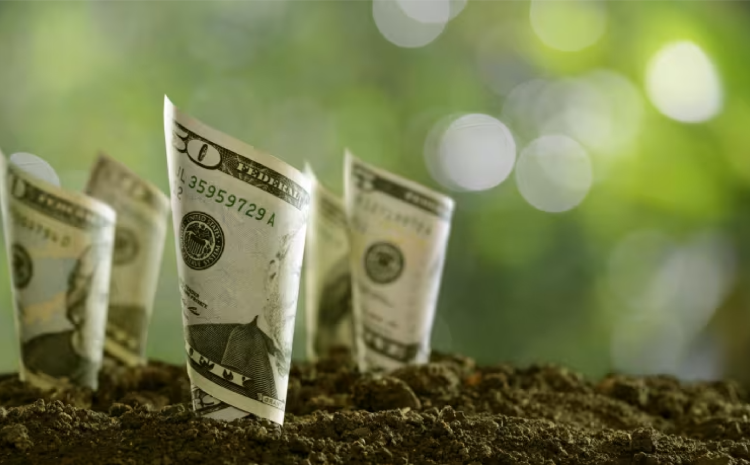Saving vulnerable communities and preventing destructive climate change is not beyond the capabilities of the private wealth community
Global private wealth now totals $471tn, more than four times our planet’s GDP. The world’s richest 1 per cent hold 44.5 per cent of that sum, equating to roughly $210tn in the hands of 1 per cent of adults. They own more wealth than the bottom 95 per cent of humanity combined. Meanwhile, developing countries face a $4.3tn annual financing gap to meet the ever-looming Sustainable Development Goals deadline by 2030. Essentially, less than 1 per cent of global wealth could completely close this gap.
So why do we hesitate? Can we blame our inability to deploy a fraction of the world’s wealth to solve the most pressing and existential crises on a lack of available vehicles? We know that capital markets have already created avenues and mechanisms through which we can put words into action. It is now only a matter of will. You, whether as a wealth manager, a wealthy family or a newly minted high net worth individual, can directly participate in what I believe is one of the most rewarding endeavours humanity collectively could undertake over the next five years.
Who would be against a world where hunger is gone as smallholder farmers in rural communities can sell their surplus harvests at fair prices? Or where clean water flows into every home so children do not needlessly fall ill, and girls walk safely to school each morning to learn both literature and prompt engineering? Surely, we all want our cities to be powered entirely by renewable energy and for residents to breathe fresher air.
This is the world envisioned by the SDGs. A world of community-led reforestation in the Amazon, restoring millions of hectares of forest and returning habitats for jaguars and macaws. A world where mothers give birth in well-equipped clinics, artisanal workers make a dignified living, and coastal cities transform plastic waste into bricks for new eco-districts.
Fortunately, capital markets already provide a proven toolbox for channelling private wealth into sustainable development
Fortunately, capital markets already provide a proven toolbox for channelling private wealth into sustainable development. For example, development finance institutions have pioneered blended-finance frameworks that use concessional capital, credit guarantees and technical assistance to reduce risk on large infrastructure projects. By de-risking project finance these institutions mobilise scarce public resources and attract institutional investors such as pension funds and insurers that would otherwise stay on the sidelines.
Political risk insurance from agencies like the Multilateral Investment Guarantee Agency further lowers the cost of capital in fragile environments. Through equity commitments and subordinated-debt tranches private wealth can act as catalytic capital and leverage multiples of its investment. These blended structures have already directed tens of billions of dollars into renewable energy, water sanitation and transport networks in many parts of the developing world. By significantly uplifting participation in these vehicles, wealth managers and high net worth individuals can multiply their impact far beyond the size of their original ticket.
Private market solutions
Beyond blended finance, a vibrant ecosystem of private equity and venture-capital networks is taking shape across Africa, Asia and Latin America. Working with these local players, impact funds led by seasoned managers can unlock growth capital to small and medium-sized enterprises that deliver measurable social and environmental benefits. I have seen commendable examples of angel investor platforms connecting high net worth individuals with early-stage ventures in agritech, education and healthcare.
Green bonds, social bonds and sustainability-linked loans that allow investors to back specific projects with transparent use-of-proceeds and rigorous reporting on outcomes are also gaining in popularity. Family offices can co-invest through funds of funds or bespoke co-investment vehicles to gain diversified exposure while sharing expertise and due diligence, offering truly patient capital. Companies in emerging markets often need more time to reach scale. By offering flexible vehicles such as evergreen funds or subordinated tranches you support growth trajectories in ways that traditional debt or equity structures cannot.
Firms should also equip their advisory teams with tools to evaluate both financial viability and social impact so that client portfolios consistently reflect their values as much as their return objectives
As a culture of impact investing deepens, further standardisation of taxonomies and measurement frameworks will continue to drive down transaction costs and open new tiers of investable opportunities. I believe it is the fiduciary duty of wealth managers to create dedicated channels, whether thematic funds, bespoke private placements or co-investment vehicles, focused on SDG-aligned offerings.
Firms should also equip their advisory teams with tools to evaluate both financial viability and social impact so that client portfolios consistently reflect their values as much as their return objectives.
This is not as much of a trade-off as it is typically portrayed. Impact investing vehicles offer market-oriented returns alongside clear impact metrics and in many cases have outperformed conventional asset classes. Industry research shows that impact investment funds in both developed and emerging market economies regularly deliver financial returns in line with or above the equity market.There are therefore no longer credible excuses stopping private wealth from more deliberately steering capital towards the SDGs immediately.
It is time for all of us who manage or hold a share of the $471tn in private wealth to move beyond lofty words and into decisive action. Let us channel even a sliver of that capital into impact-driven investments that deliver measurable social and environmental returns. Thankfully, vehicles already exist to help drive positive change and close the financing gap that stands between us and a healthier, fairer and more cohesive planet. The moment to put our money where our mouths are is now.

Arunma Oteh, a former treasurer of the World Bank, has served as director general of Nigeria’s Securities and Exchange Commission, and currently lectures at Oxford University’s Saïd Business School

